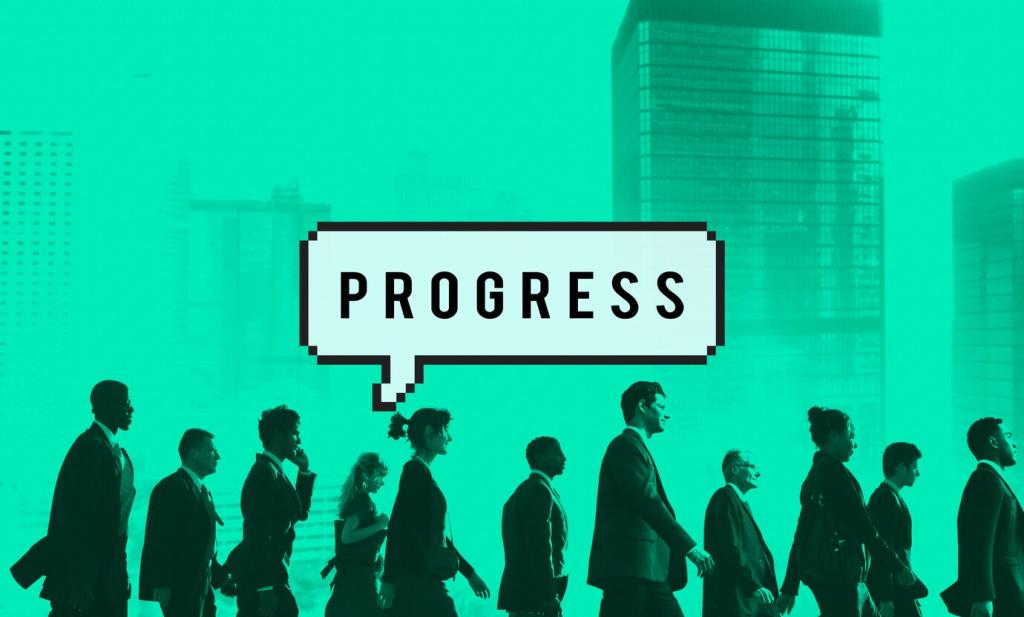Measuring Impact and Iterating
Gather minimal, meaningful metrics: draft quality over time, model complexity, and the accuracy of predictions. Share insights transparently and invite student input before changing activities or rubrics.
Measuring Impact and Iterating
Ask teams to define KPIs early, then revisit them after experiments. Comparing model assumptions with observed results creates memorable lessons about uncertainty, validation, and honest storytelling with data.
Measuring Impact and Iterating
Run quick retrospectives after every lab. What felt confusing? Where did a tool shine? Summarize changes publicly so students see their contributions shaping the course and community.








